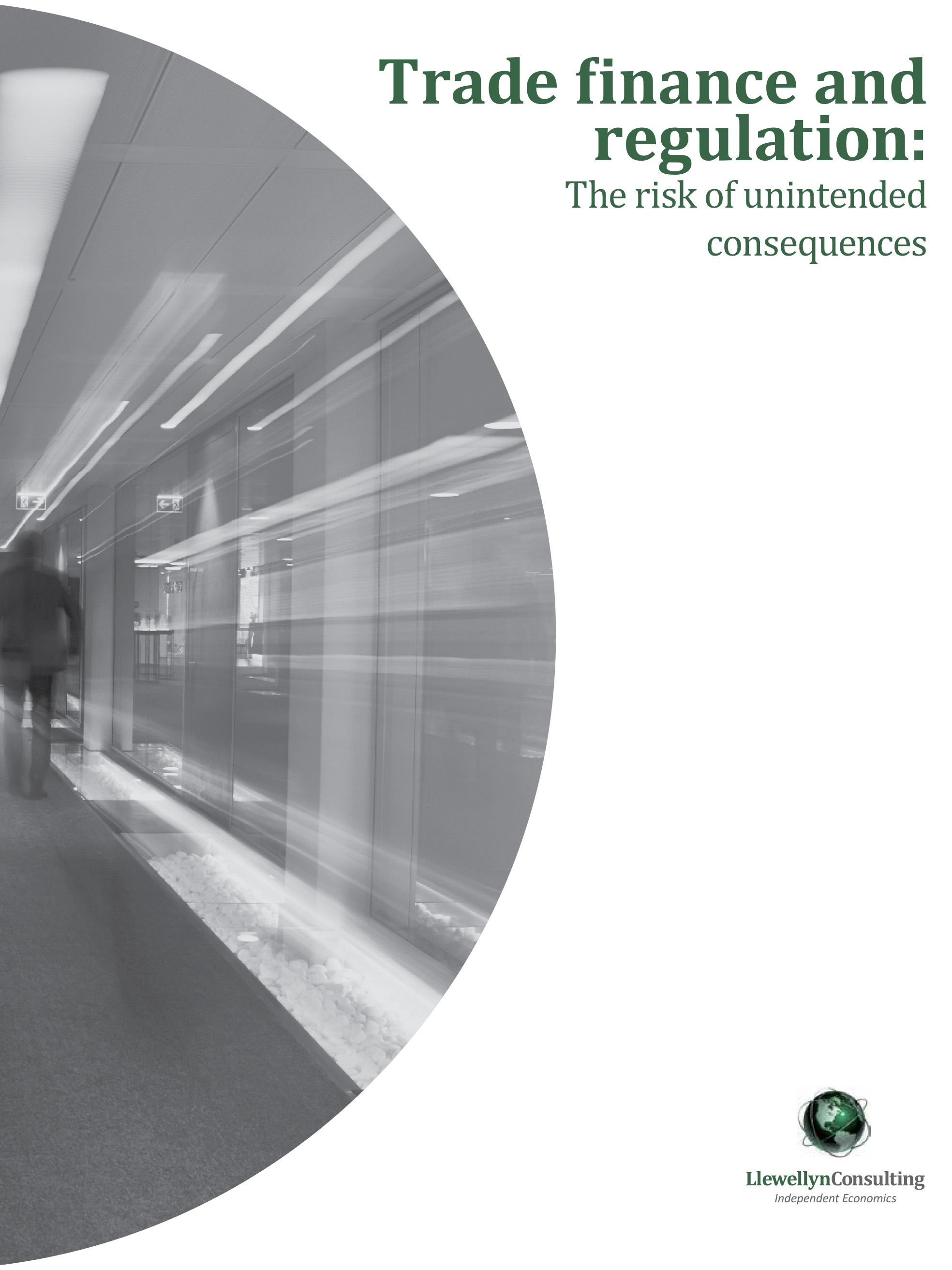Trade finance is part of the life blood of the global economy as well as a vital tool in commodities trading. But there is growing concern in the banking and trading community that changes in financial regulation could put that life blood at risk. This concern prompted Trafigura to commission the economics firm Llewellyn Consulting to produce a study entitled “Trade finance and regulation: the risk of unintended consequences”.
The study, written on the basis of interviews with policy-makers, banks and users of trade finance, suggests trade finance is often taken for granted as a well-functioning and liquid market driven by demand. But it highlights how some of the detailed changes to banking rules now under discussion among regulators could call those assumptions into question. At worst, the paper argues, these changes could make trade finance more expensive for traders, producers and consumers, and even prompt some important trade finance banks to quit the market.
“Disruptions to trade finance, while infrequent, are highly damaging when they occur since one form or another of trade finance underpins around 90 percent of world trade,” the authors argue. “All the data shows that trade finance is an inherently low-risk activity featuring very low historic credit losses, and as such it warrants being handled with care. But there is now growing concern over the possibility that trade finance could be adversely affected by over-heavy, insufficiently nuanced regulation, particularly in an area like commodity trade finance where policy-makers may perceive the risks involved to be greater than they are. In particular, it is important that separate regulations in the areas of capital, leverage and liquidity do not add up to more than the sum of their parts.”
